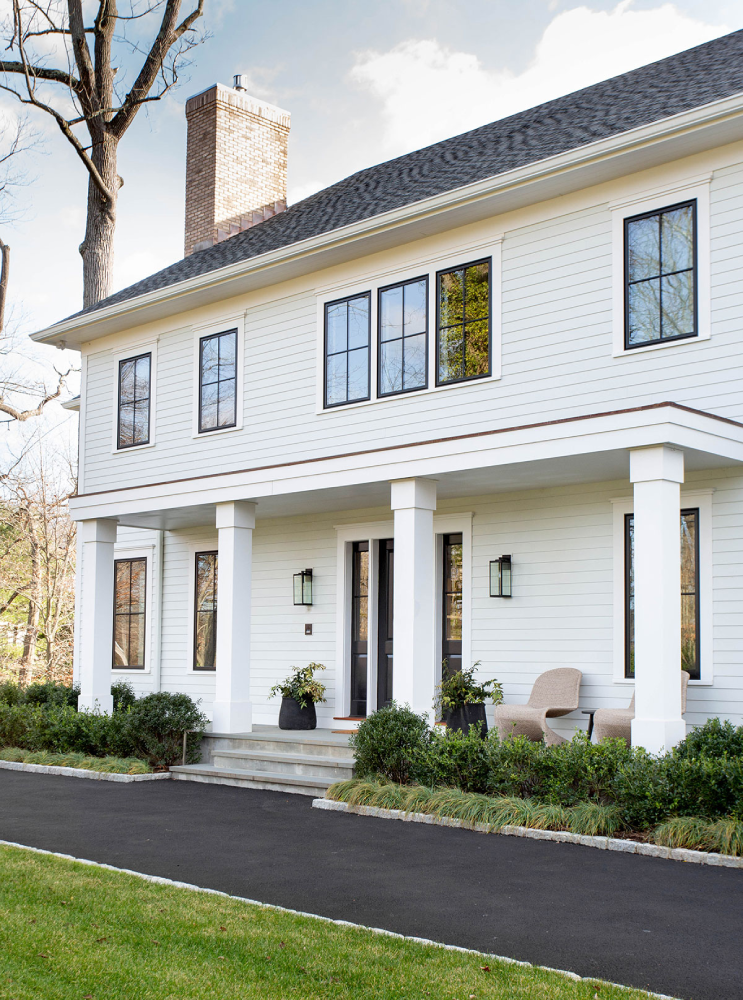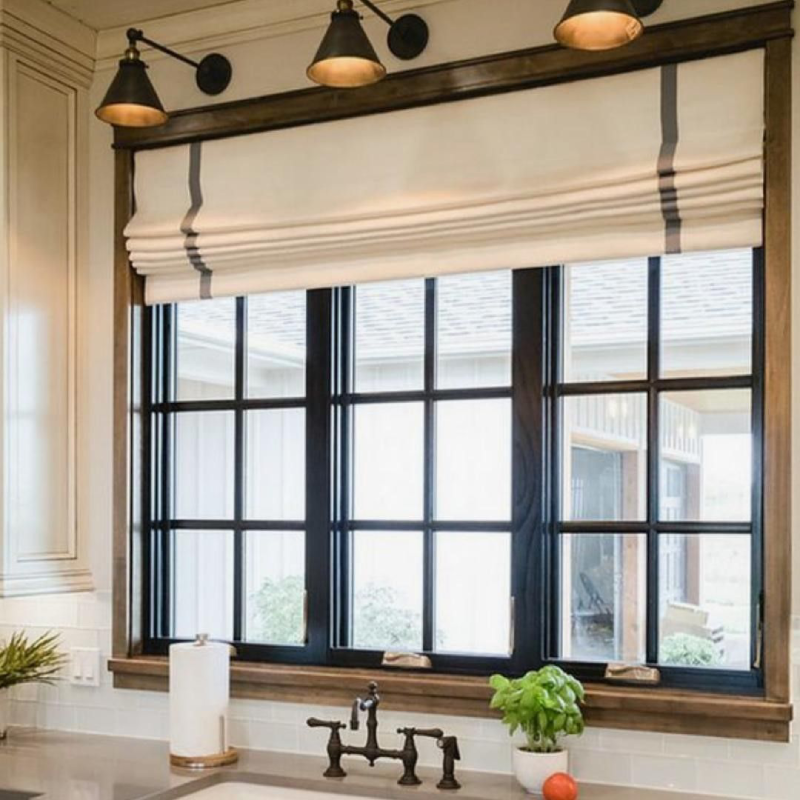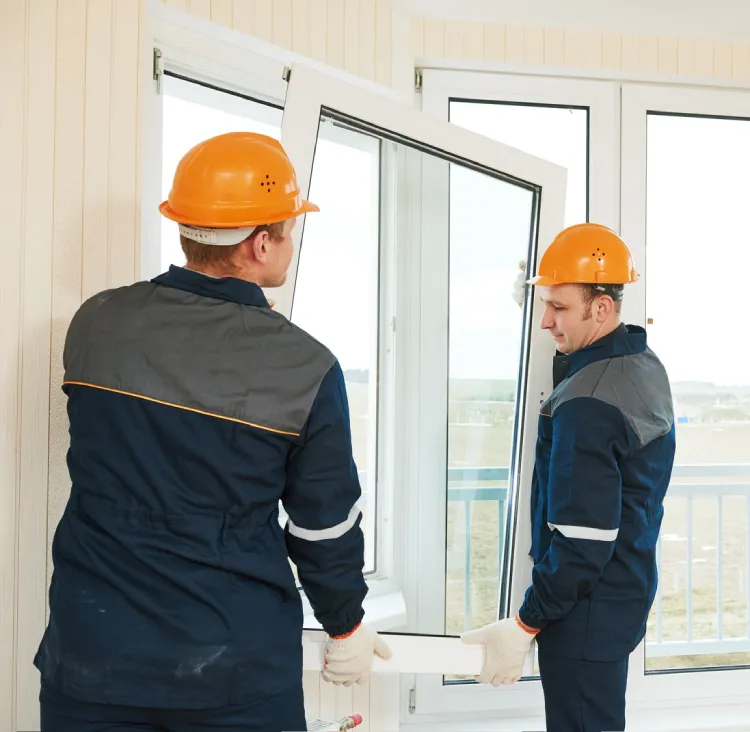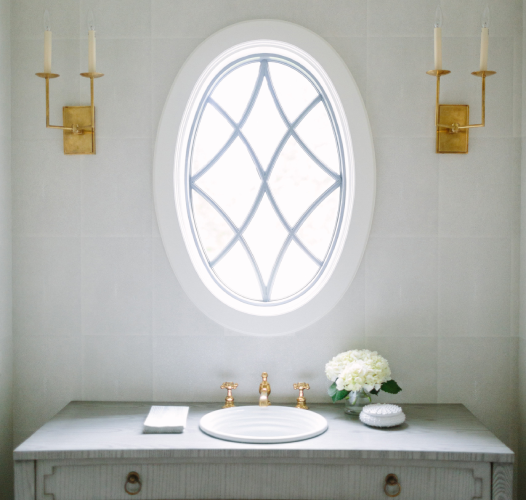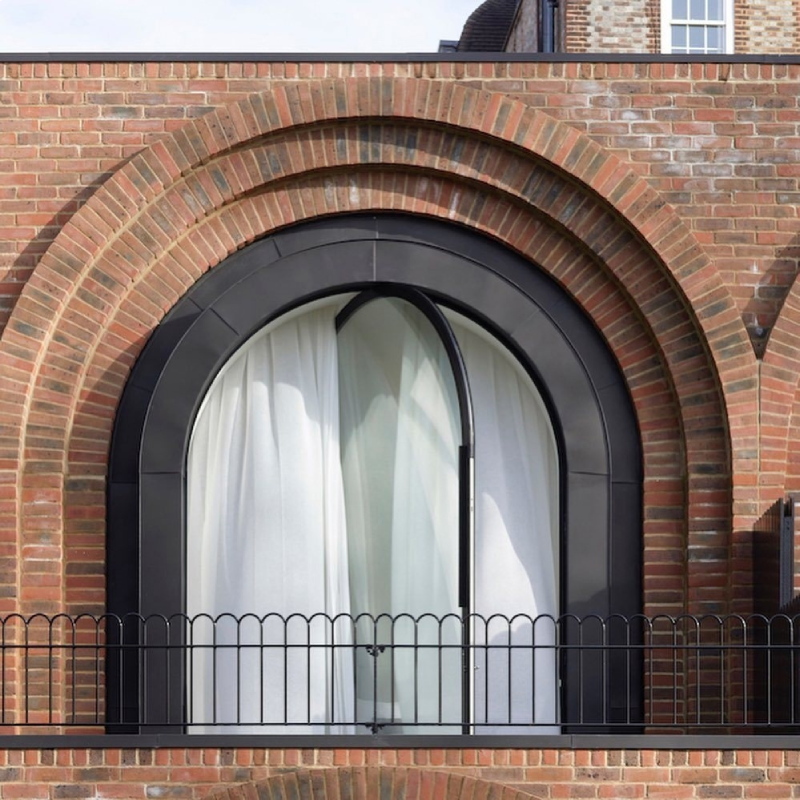Addressing the Most Common Specialty Shape Window Questions
When considering installing specialty shape windows beyond ordinary rectangles, it’s extremely common to have lots of questions concerning specialty window costs, structural needs, customization options, installation intricacies, and much more.
Here we provide helpful answers to the 10 most frequently asked questions we receive about specialty window offerings:
Specialty shaped windows are custom-designed windows that deviate from standard rectangular or square shapes. They often feature unique geometric designs, curves, or custom angles to complement specific architectural styles or aesthetic preferences.
The most popular shapes available for specialty shaped windows include arches, circles, ovals, triangles, trapezoids, and polygons. These shapes can be combined or customized to create more intricate designs.
Yes, specialty shaped windows can be fully customized to fit the unique architectural requirements of a building. This customization includes size, shape, materials, and features such as grilles, muntins, and decorative glass options.
Specialty shaped windows can be installed in various locations within a home, including but not limited to, living rooms, bedrooms, kitchens, and bathrooms. However, due to their unique shapes, they may require careful planning and consideration for structural support and installation.
Specialty shaped windows contribute significantly to the aesthetics of a space by adding visual interest, architectural character, and unique design elements. They can enhance the overall beauty and curb appeal of a home while allowing natural light to filter in.
The maintenance requirements for specialty shaped windows can vary depending on factors such as materials, finishes, and design complexity. Generally, they require similar maintenance as standard windows, including periodic cleaning and inspections.
When choosing specialty shaped windows, factors to consider include architectural style, energy efficiency, budget, desired features, and compatibility with existing structures. It’s essential to work closely with a reputable window supplier or contractor to ensure the chosen windows meet your specific needs and requirements.
Common materials used in specialty shaped windows include wood, vinyl, aluminum, and fiberglass. Each material offers unique advantages in terms of durability, energy efficiency, and aesthetic appeal.


